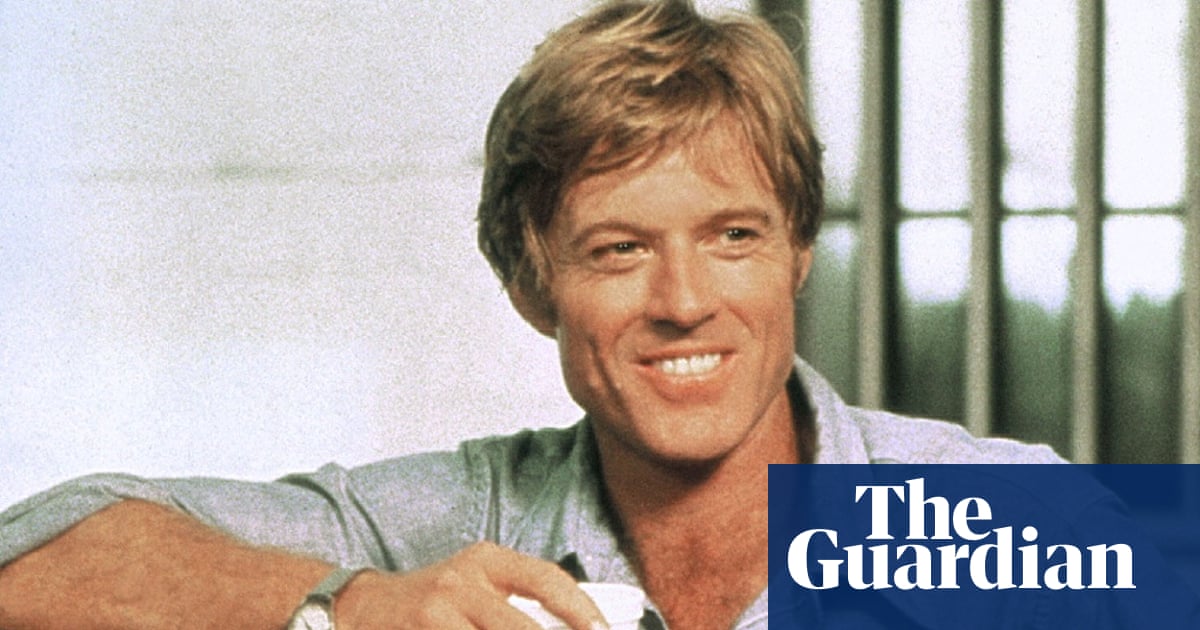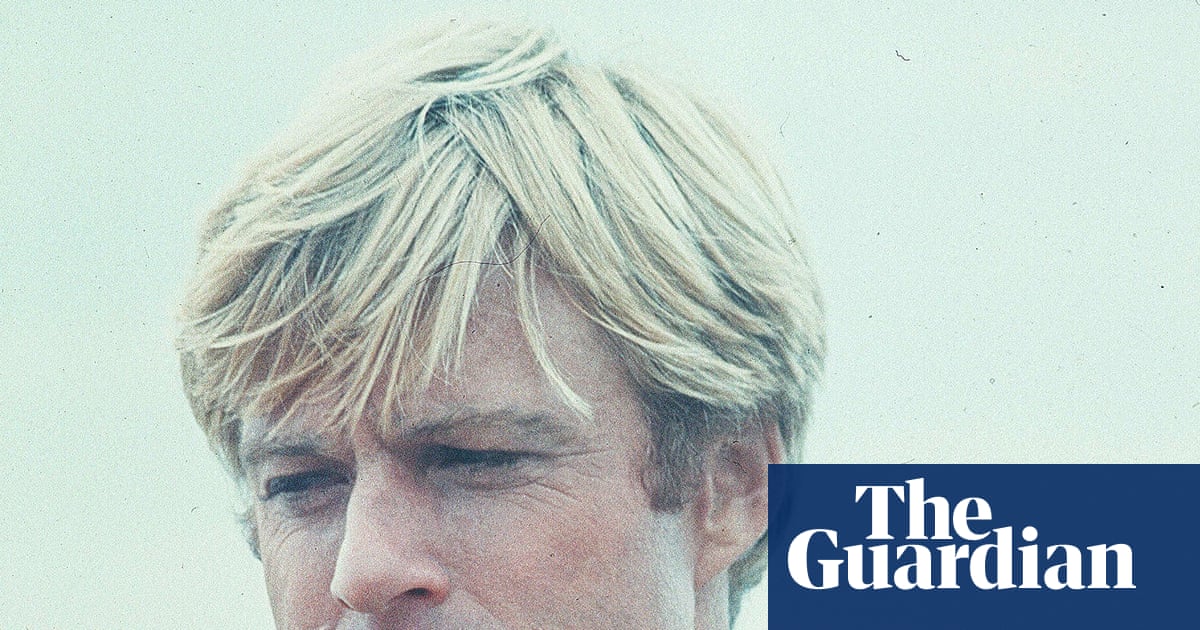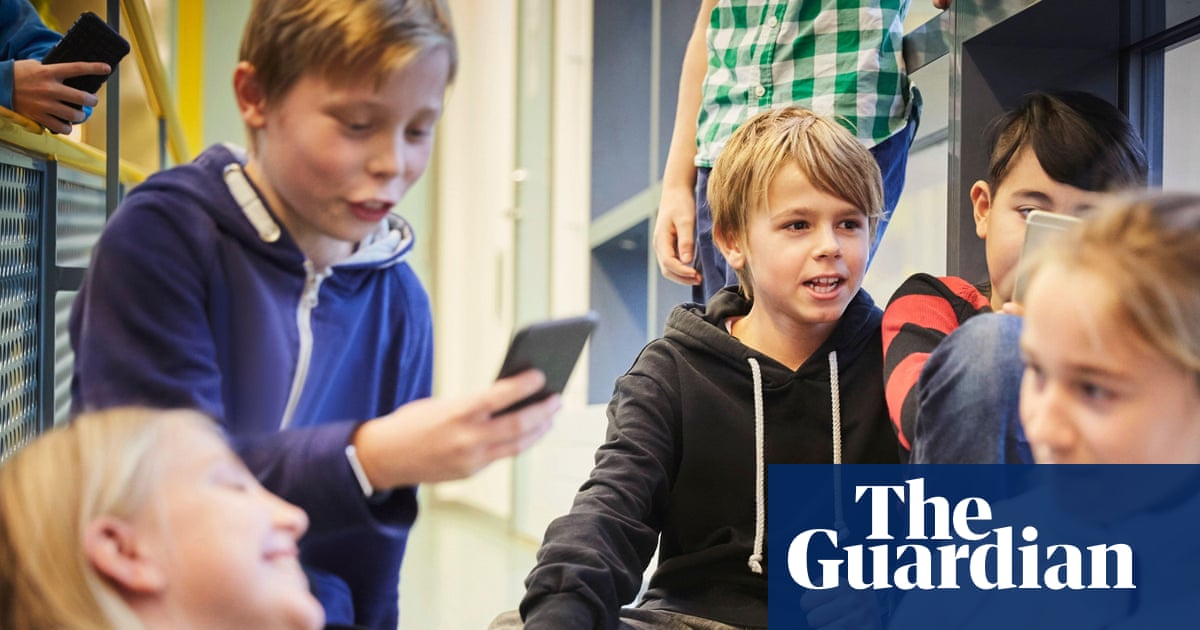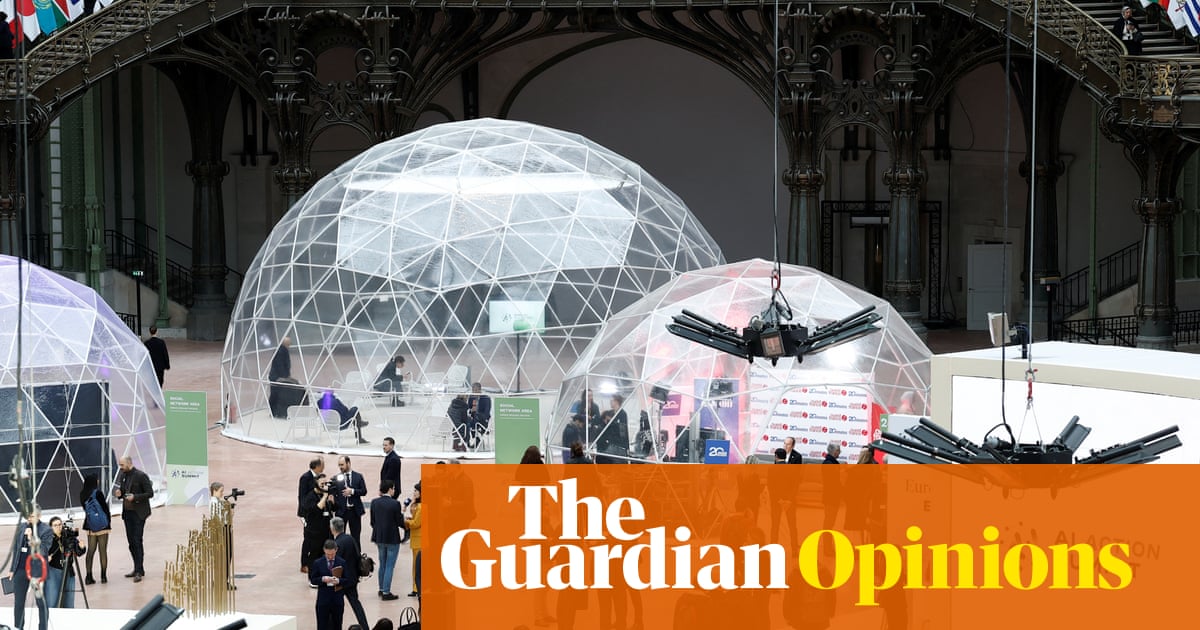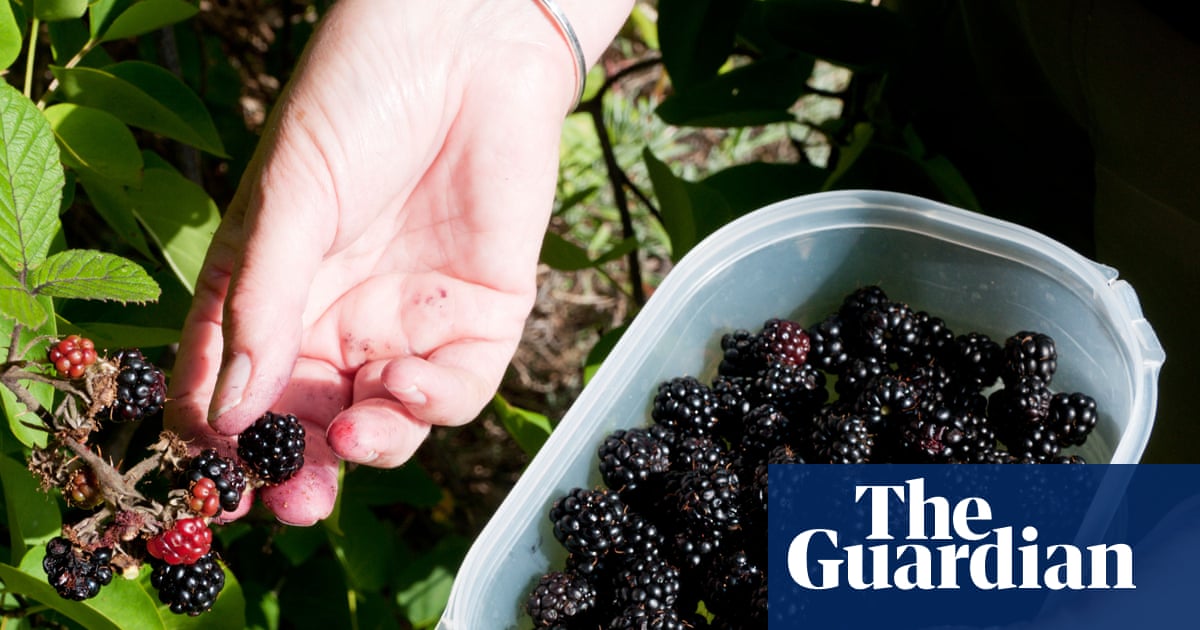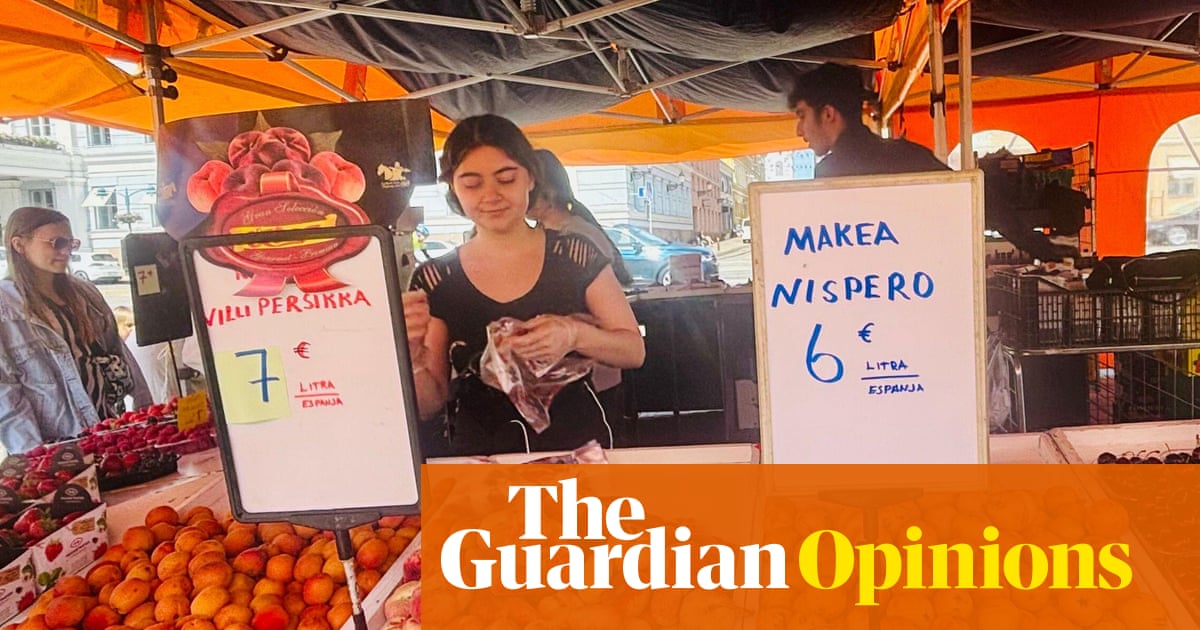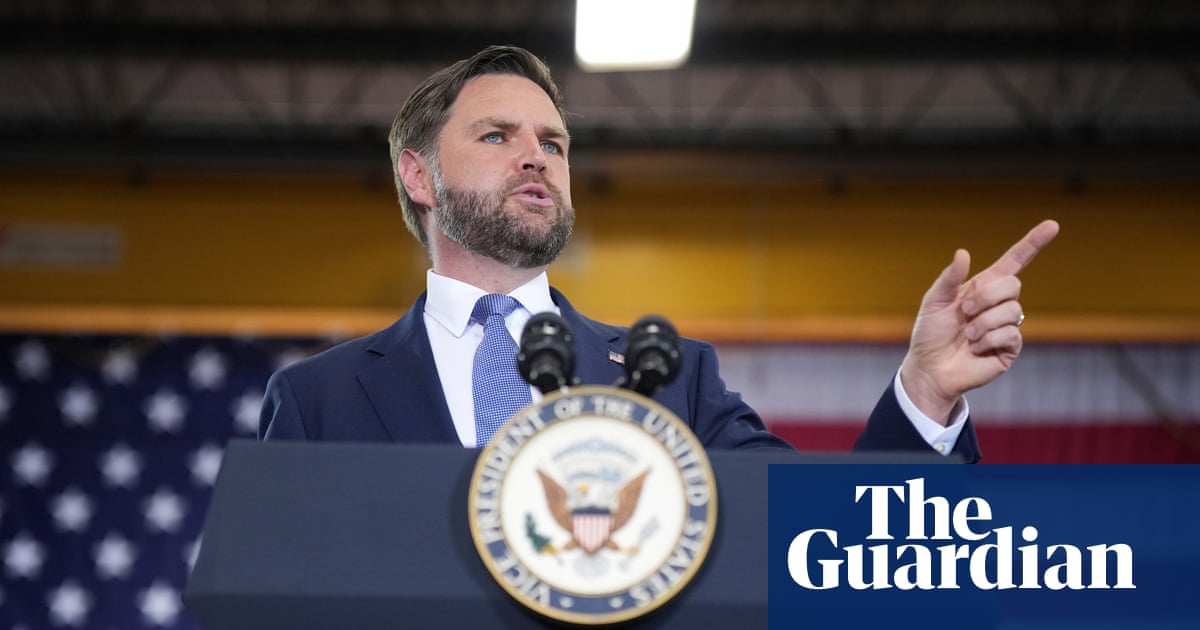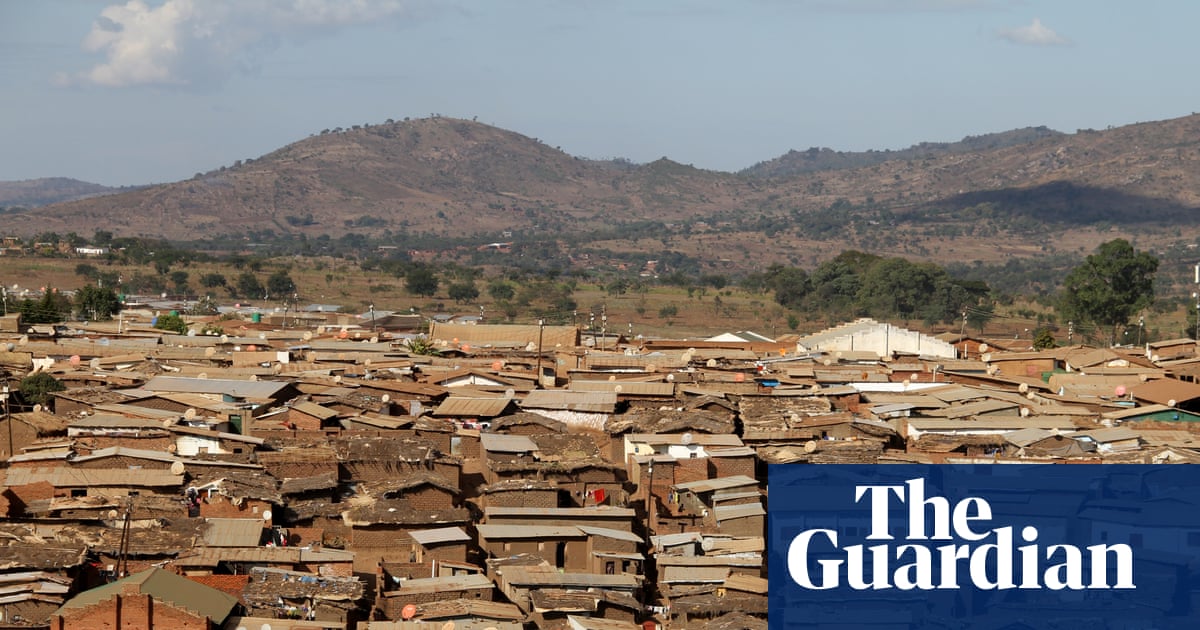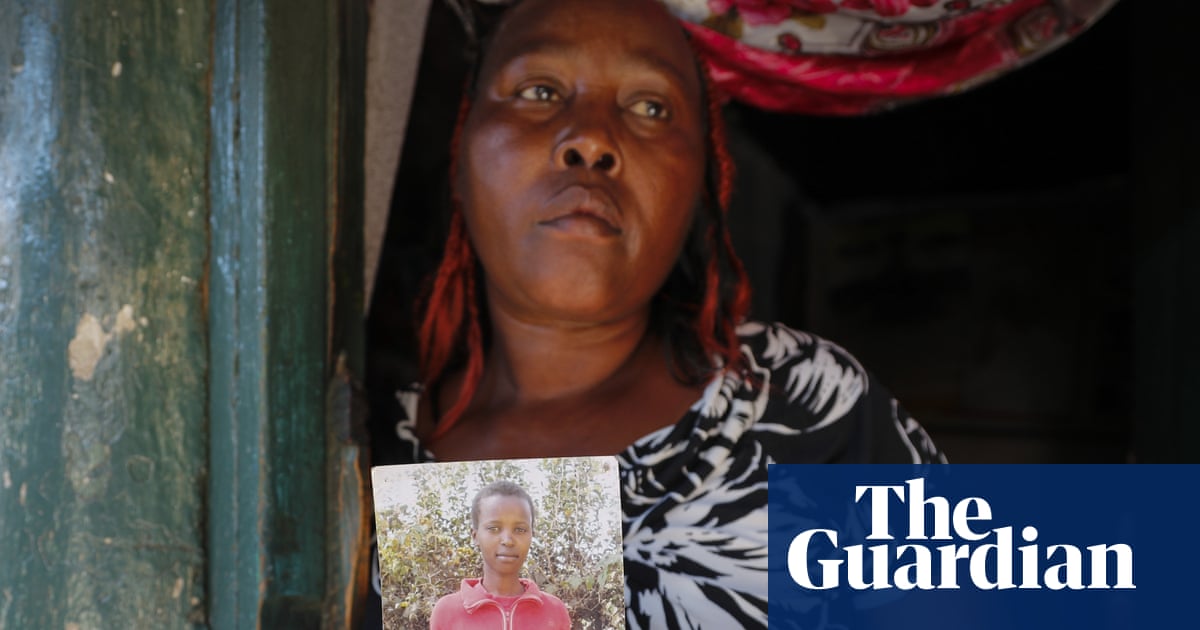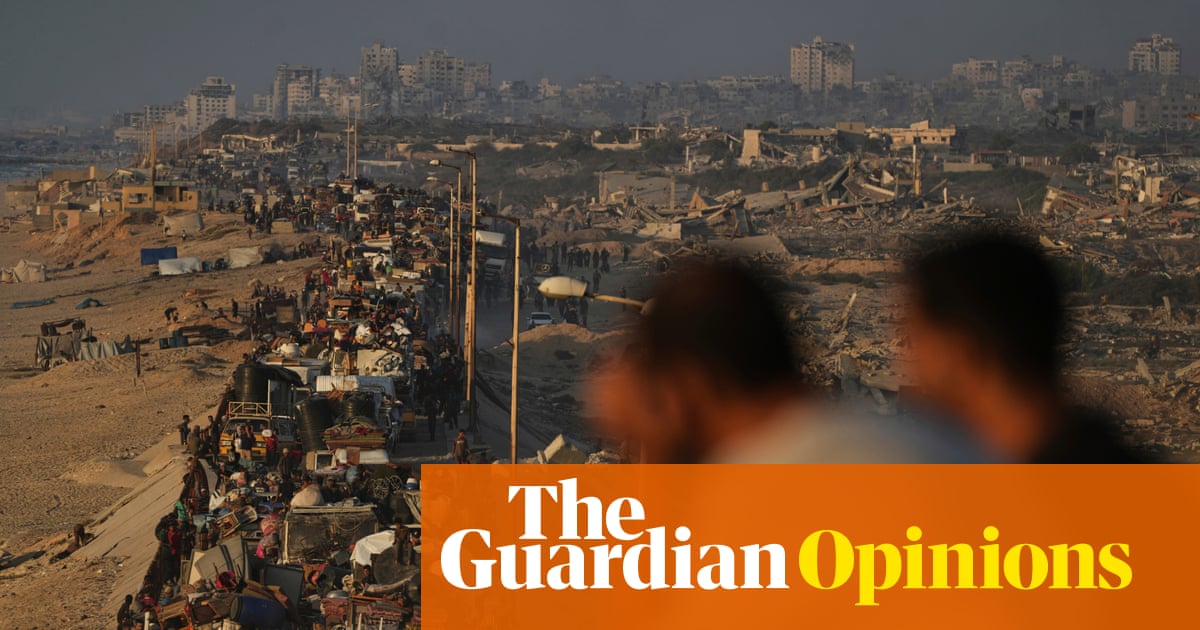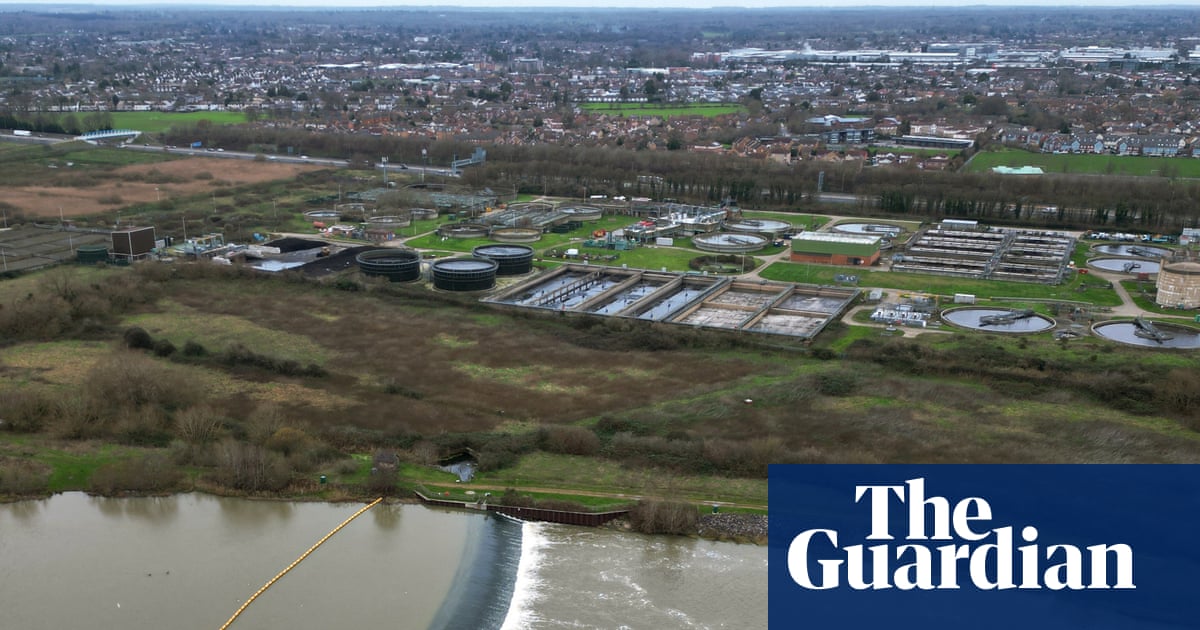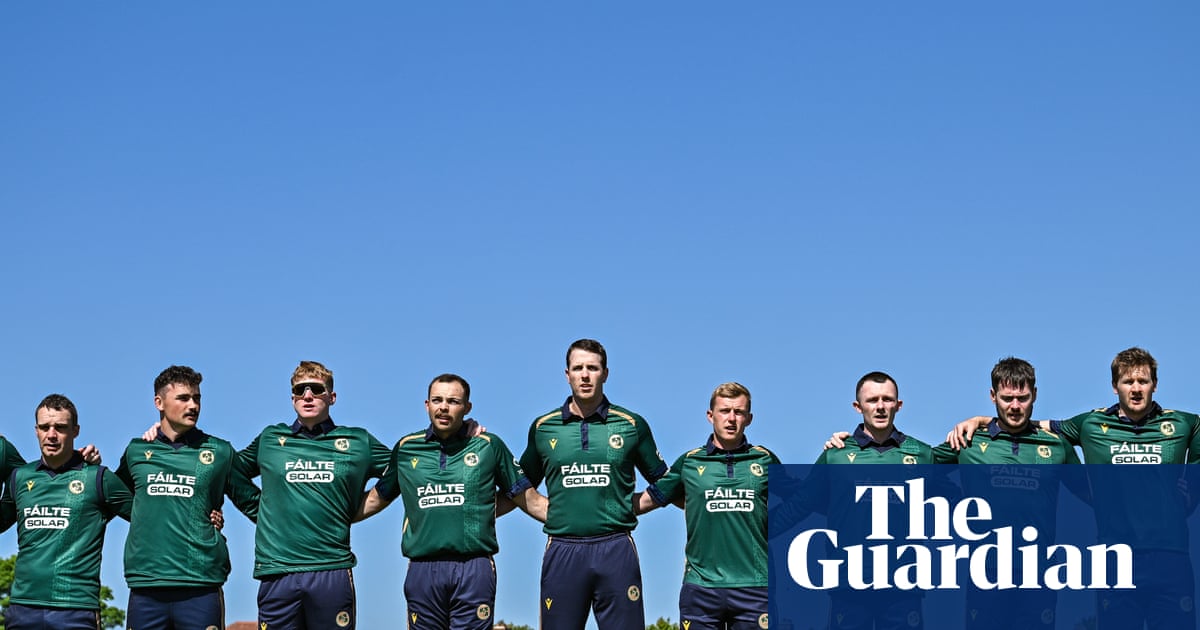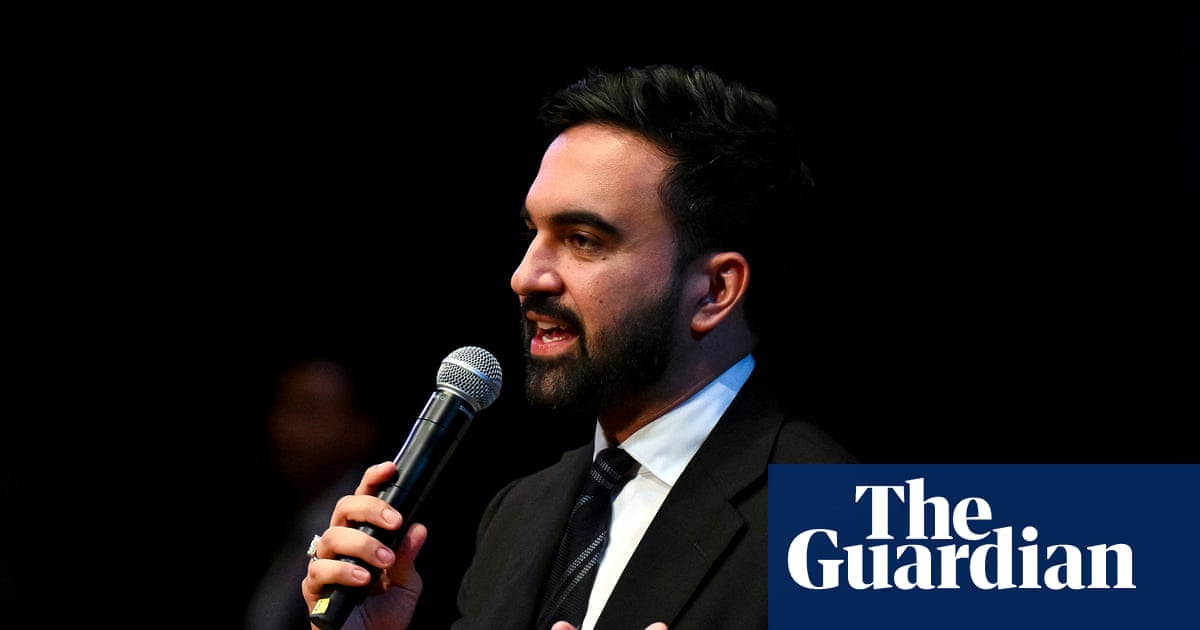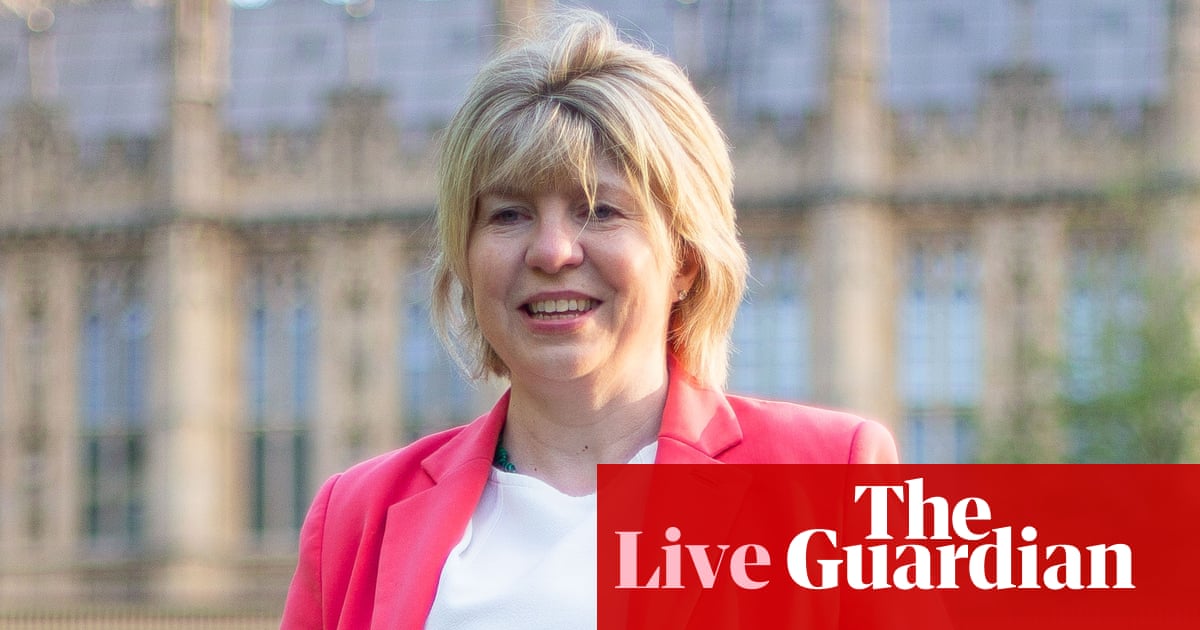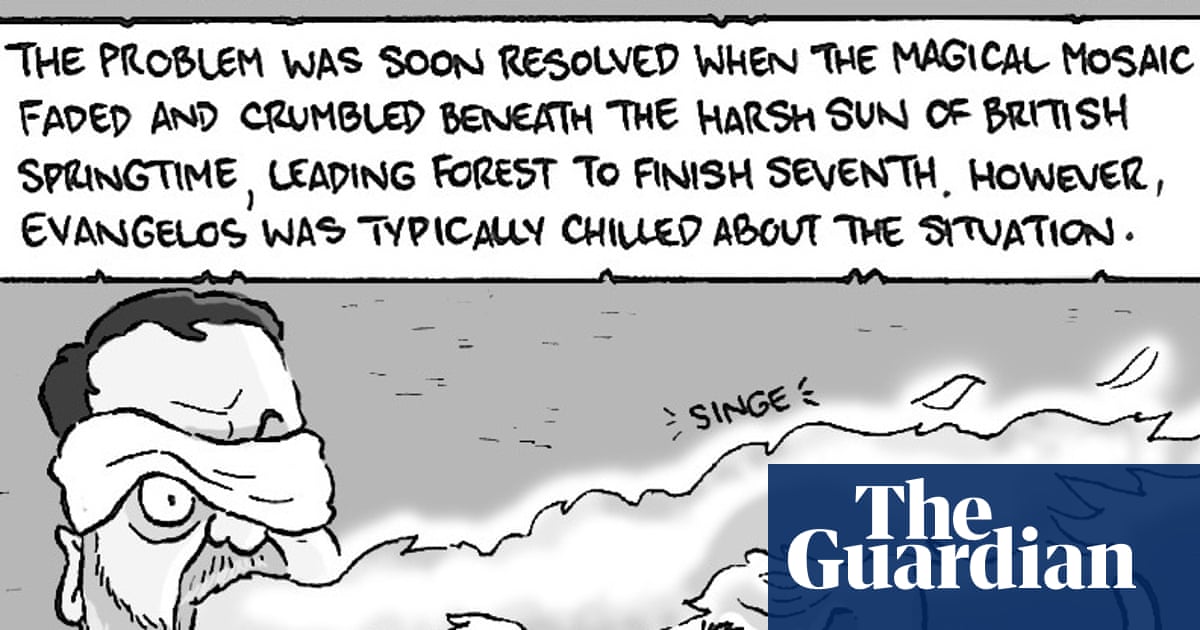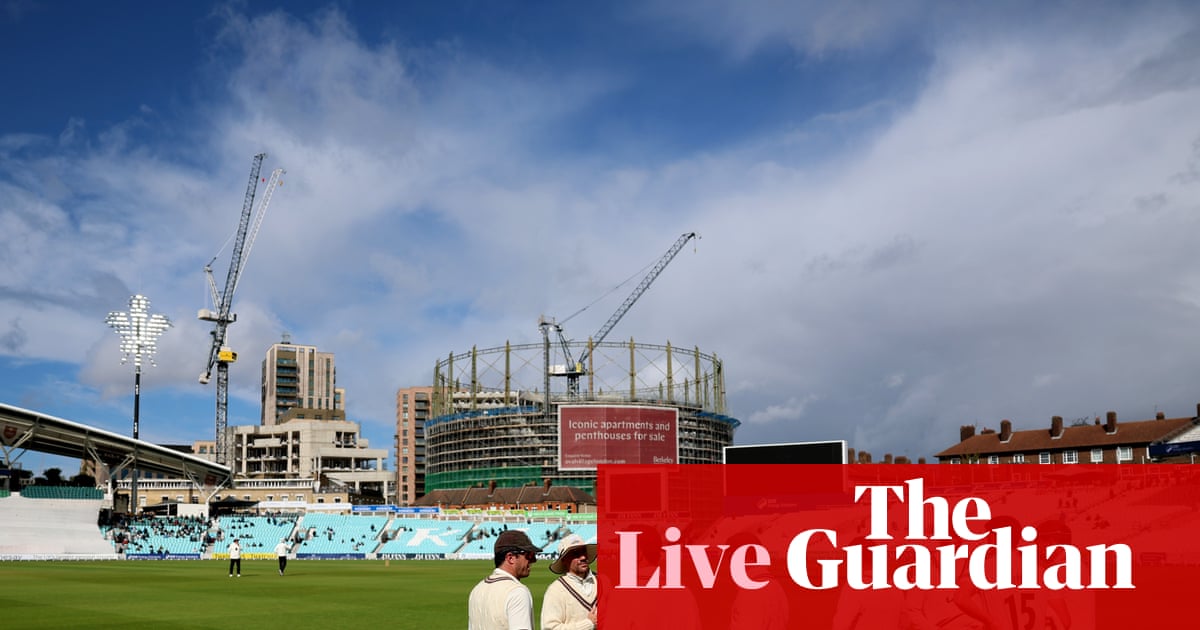It contains Egyptian mummies and is the only place outside Panama where tiny variable harlequin toads can be found. And now, the 138-year-old Manchester Museum has been named European museum of the year.
The institution won one of the most prestigious museum prizes in the world with judges praising its approach to addressing its complex past and its extensive work with communities.
It is the first university museum to win the award, which was created in 1977, and the first British museum since the Design Museum in London won in 2018.
The museum’s director, Esme Ward, said it was a thrill to win, particularly after what had been a “truly grim” 30-hour trip to just get to the awards, this year held in the north-east Polish city of Białystok.
Ward was there with two colleagues and said they had been hopeful of perhaps winning the “belonging and inclusion” award. When they did not get that, they were feeling flat. “I’ll be really frank, we genuinely didn’t think the main award was ours.”
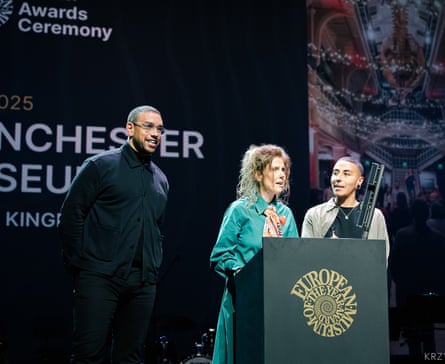
Manchester was named winner from a shortlist of 42 museums. Ward said: “It’s not often I’m lost for words, but we were gobsmacked and it was amazing. I probably gave the worst speech of my life, but who cares?”
The prize is given to a museum that represents the best in innovation and excellence. Manchester Museum has been at the frontline of debates about repatriation, curation, the stories modern museums should tell and what use museums can be to society more widely.
After a £15m revamp, it reopened in 2023 with a new south Asia gallery designed and co-curated with 30 people from Manchester’s south Asian diaspora communities.
Ward said the museum was the headquarters for Pinc College, a specialist creative college for neurodivergent young people, and the building’s top floor is an environmental action and social justice hub.
She said the museum did not shy away from its past. “Manchester Museum was born of incredible civic spirit, but it was also born of empire and of racism and we have to grapple with the legacy of that. We want to do that in a way that recognises the harm, but also encourages healing.”
In September 2023 the museum returned 174 objects to an Indigenous Australian community, the Anindilyakwa people, in a landmark example of cultural repatriation.
Ward said museums had the power to “to bring generations and communities together” and to help people “hopefully feel less lonely but certainly feel more connected and have a kind of bigger view of the world”.
In the current climate, there will be people who label Manchester Museum’s new approach as “woke”. “Does that bother me? No,” said Ward. “Because frankly, I don’t tell anybody what to think. I can’t bear it when people tell me what to think. That’s not what we do. We want to provide multiple perspectives to equip people to navigate this crazy world we’re in, to understand it, to build empathy for other people and the natural world.
“We think one of the most powerful ways of doing that is to expand the stories we tell. You know, the stories of the collectors, the institutions, we’ve been telling those 100 years. It’s time for some new ones.”
The prize is a small Henry Moore mother and child sculpture and comes with no money, but lots of prestige that could help unlock future funding.
“Tomorrow we’re going to have as many people here as humanly possible to unveil the award and then we’ll plan a party,” said Ward. “Obviously.”

.png) 3 months ago
88
3 months ago
88
